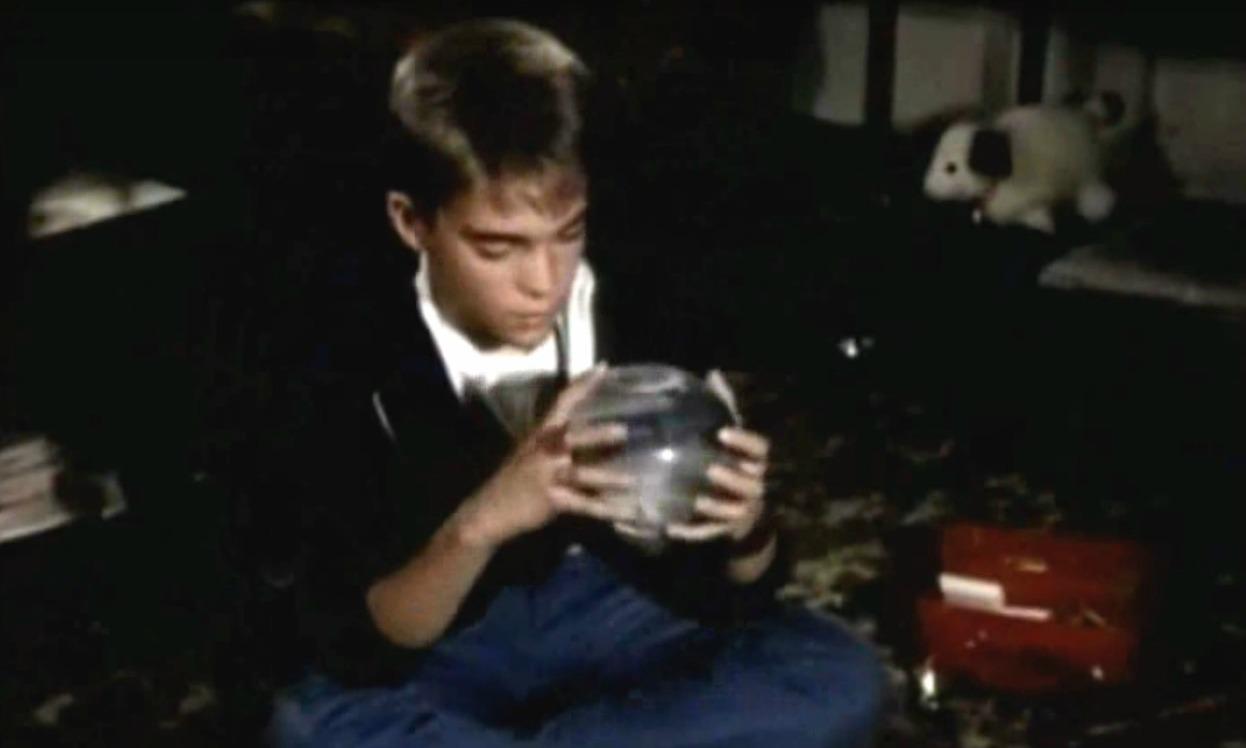It’s Tommy Westphall’s Universe, We Just Live in It
Chad Allen as Tommy Westphall in “The Last One,” the final episode of “St. Elsewhere.”
When Tom Fontanawas a producer on the show “St. Elsewhere”in the 1980s, he loved to push the boundaries of weirdness that he could get away with on network TV. For instance, he staged a crossover with “Cheers”— a sitcom — but they shot the sequence like a drama. And he pulled one of the strangest trick endings in TV history. In the series finale of “St. Elsewhere,” we learn that the entire show had been a fantasy of a boy with autism named Tommy Westphall.
“The response in the mail was about 50/50,” Fontana says. “Half of our audience hated — hated — like wanted to come to the MTM lot and burn us to the ground, and the other half thought it was fitting part of the show.”
Fontana continued his love of crossovers with“Homicide: Life on the Street,” where he brought back characters from “St. Elsewhere” a dozen years after that show had gone off the air. And he found a partner in crime: Richard Belzer, who played Detective John Munch on “Homicide” and later on “Law & Order.”Belzer played Munch on as many shows as he could, from “The X-Files”to“Arrested Development” to“The Wire.”
These shenanigans didn’t go unnoticed by fans like Keith Gow, a writer in Melbourne, Australia. He wondered if every show that Tom Fontana produced or staged a crossover with could be connected back to the finale of “St. Elsewhere.” In other words, did Tommy Westphall — the kid who dreamed up the characters on “St. Elsewhere” — dream up all these other shows as well?
Gow and his friends created an online mapto the Tommy Westphall Universe. And they got contacted by people around the world who helped them trace over 400 shows back to Westphall.
“I was stunned!” Fontana said. And he was proud. He’s always thought his crossovers were more than just pranks. “What it ultimately does is enhances the storytelling. Because it frees you to go to a place where you wouldn’t normally have gone within the restrictions within your genre or TV series,” he says.
